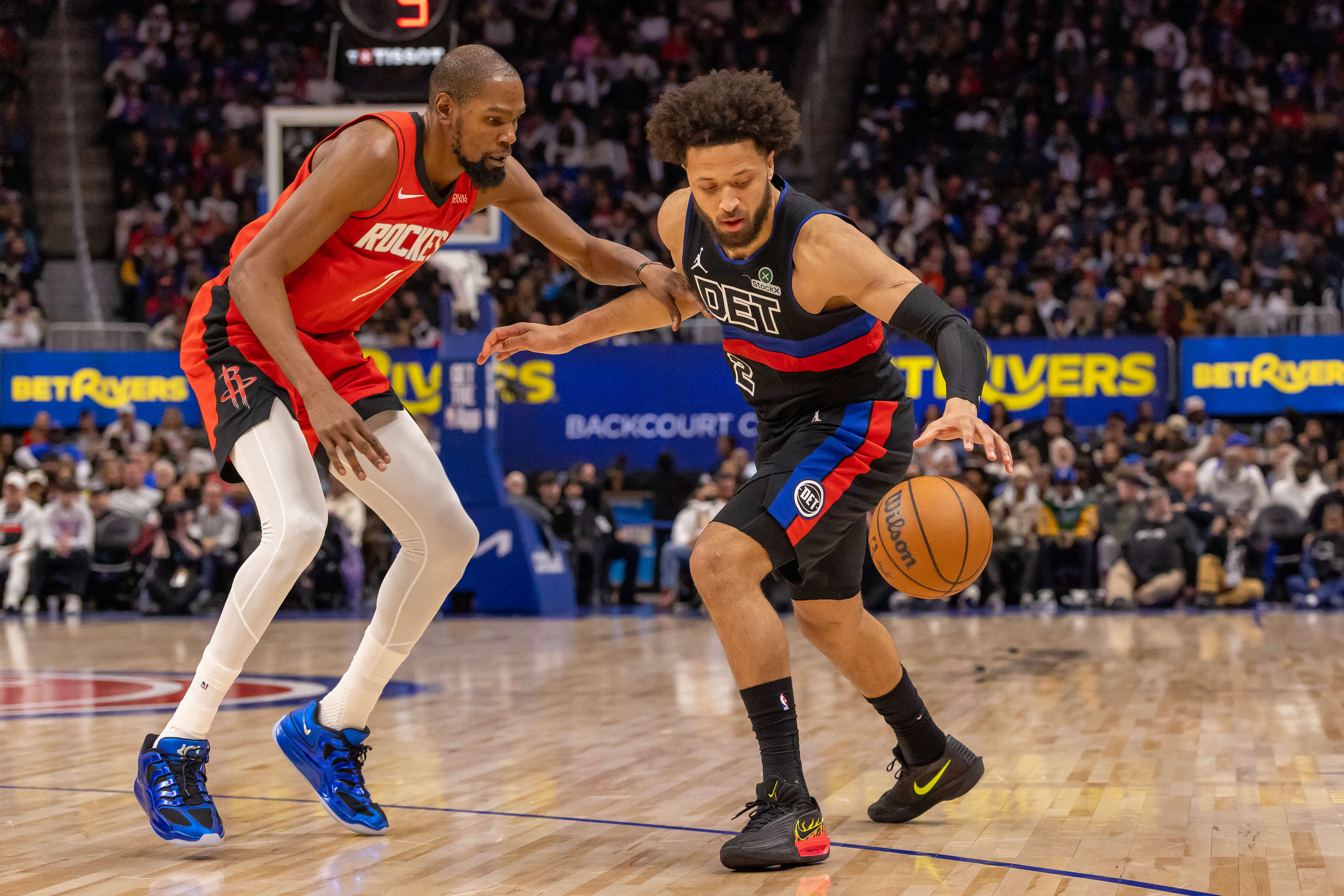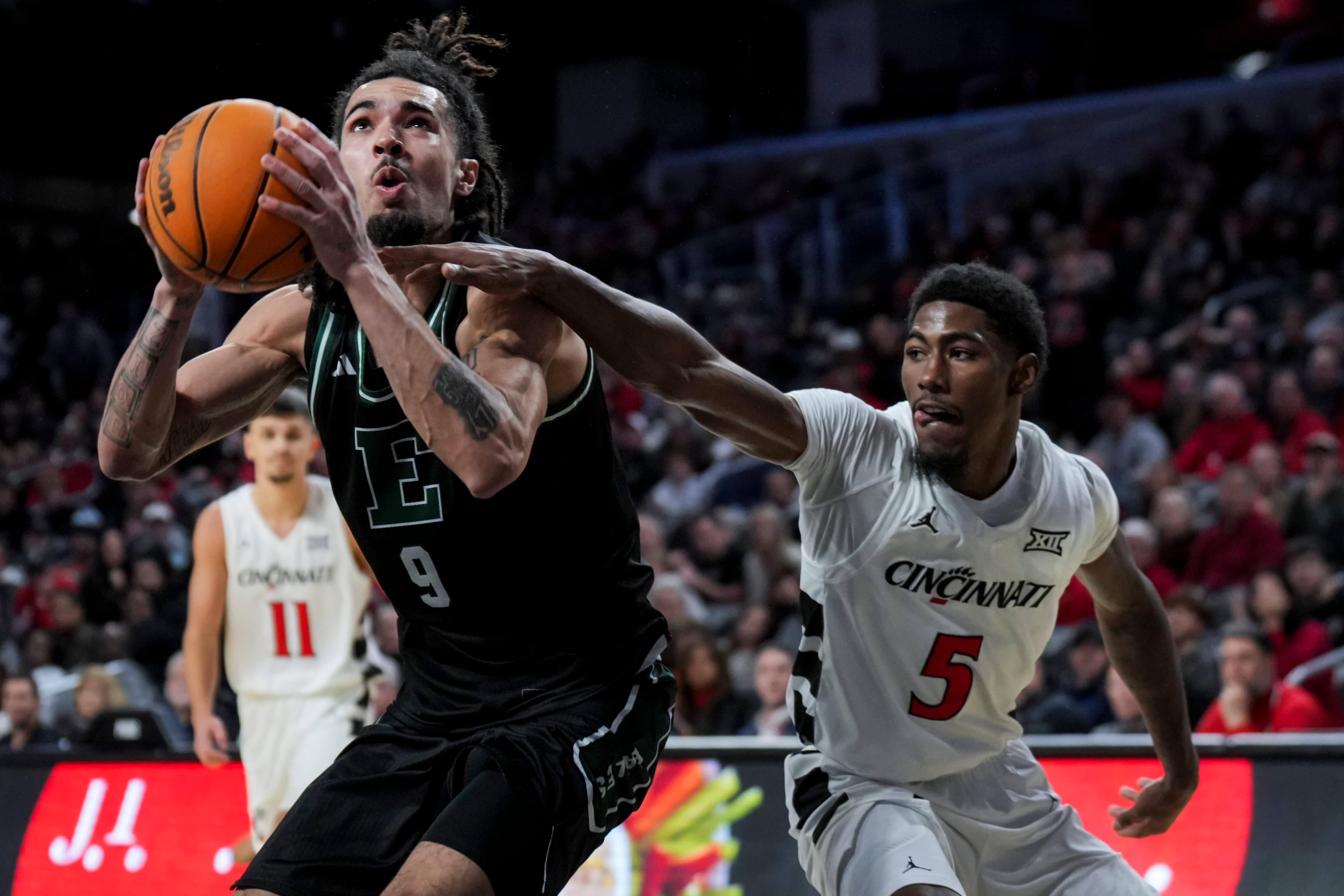Earlier this month, Illinois Gov. JB Pritzker signed a budget bill that more than doubled the tax sports betting operators pay in the state. With that, the Land of Lincoln became the most recent state to adjust the rate.
While Illinois lawmakers pushed the increase for their budget, a Massachusetts state legislator proposed a more than 250% increase in his state’s 20% levy on operators. That came after operators declined to appear before the state’s gaming commission to discuss policies on capping wagers for successful bettors.
Even a lawmaker in New Jersey has suggested bumping the 13% tax Garden State operators pay to 30%. While the Massachusetts measure has been defeated and New Jersey’s plan has yet to be taken up, those actions, along with what happened in Illinois, have prompted some to look at what other states may consider raising their tax rate.
One that has come to mind is Michigan.
BetMichigan.com, as part of our Michigan sports betting coverage, takes a deep dive into what it all means below.
About Michigan Sports Betting
With just more than 10 million people, Michigan is the 10th most populous state in the U.S. and the seventh largest to license gaming operators. From early 2021, when Michigan sportsbook apps launched, through April, licensed sportsbooks have reported a collective handle of nearly $14.7 billion and total revenues approaching $640 million.
However, the total amount of taxes collected in the three-plus years of Michigan sports betting is just $42.5 million. That’s due to a couple of factors. First, the 8.4% tax Great Lakes State operators pay is one of the lowest in the nation. Second, the state’s sports betting law allows sportsbooks to deduct bonuses and promotional credits paid to bettors from their tax liabilities.
Based on those factors, it’s understandable why Michigan would be considered a prime candidate for raising the sports betting tax. However, in delving into the subject and talking with sources close to Michigan sports betting, BetMichigan is offering up three reasons why such a move appears unlikely in the near future.
State In Good Shape For A Rainy Day
Gaming taxes become popular targets for increases when states are looking for more revenue. In Illinois, the sports betting tax increase, which moves the state from a flat 15% tax to a progressive scale that starts at 20% and rises to 40% based on operator revenue, is expected to generate $200 million per year.
Michigan, for now, is not in a similar position as Illinois. According to the proposed spending plan unveiled by Gov. Gretchen Whitmer, the state’s Rainy Day Fund, the term often used for the budget reserve, is expected to reach $2.2 billion in the 2024-25 fiscal year. That will be the first time the fund has topped $2 billion.
A state’s finances can change. Sometimes on short notice as the economy goes up or down. Michigan may not always be in good financial standing, but for now, it is.
Michigan Reaps Large Sums From iGaming
One big difference between Michigan and the other states that have passed tax increases or have had them proposed is online casinos and the tax rate applied to them. When Michigan lawmakers legalized online sports betting, they also allowed operators to offer iGaming as well.
While Michigan online sportsbooks enjoy a low tax rate, their iGaming counterparts pay a rate that starts at 20% and rises by two percentage points when certain revenue thresholds are hit. The tax is capped at 28%.
Michigan iGaming taxes have been a significant contributor to the state’s coffers since January 2021, and the month of May delivered a return to month-over-month growth in the Great Lake State’s iGaming marketplace. See BetMichigan's iGaming Revenue Report here.
New Jersey does have iGaming, but the state’s tax rate on it is 15%. The proposal to raise the online sports betting tax there would also raise the rate for casino apps, too.
Raising Taxes Could Lead To Other Changes
There’s also a nonfinancial reason Michigan lawmakers may not have the appetite to consider raising the sports betting tax. As sources explained to BetMichigan, the state constitution requires any bill offered before the legislature to cover just a single subject. It also bars lawmakers from hijacking another member’s bill and filing an amendment that’s not germane to the legislation.
What that also does, as a source explained, is that it essentially opens the existing Michigan sports betting law for amendments through that process. So, a bill that would seek a tax increase could have an amendment attached to it that makes other changes. That could lead to an amendment restricting the types of wagers offered, or the amount of advertising licensed operators can broadcast in the state.
It also could open the door for an amendment allowing daily fantasy sports operators to offer parlay-style, single-player games. While the MGCB took action against those operators last year, some lawmakers who voted for the sports betting law said they supported the DFS companies targeted by the new rules.
The legislative process is a lot like the weather. Wait five minutes, and it’ll change. As long as conditions remain sunny for Michigan sports betting, then the status quo will remain intact. Should clouds emerge, BetMichigan will provide the latest on what that might mean for the sportsbooks and sports bettors across the state.
And if you need a break from the legislative beat, we're also tracking the Lions Playoff Chances ahead of the NFL season.
USA Today photo by Junfu Han.








